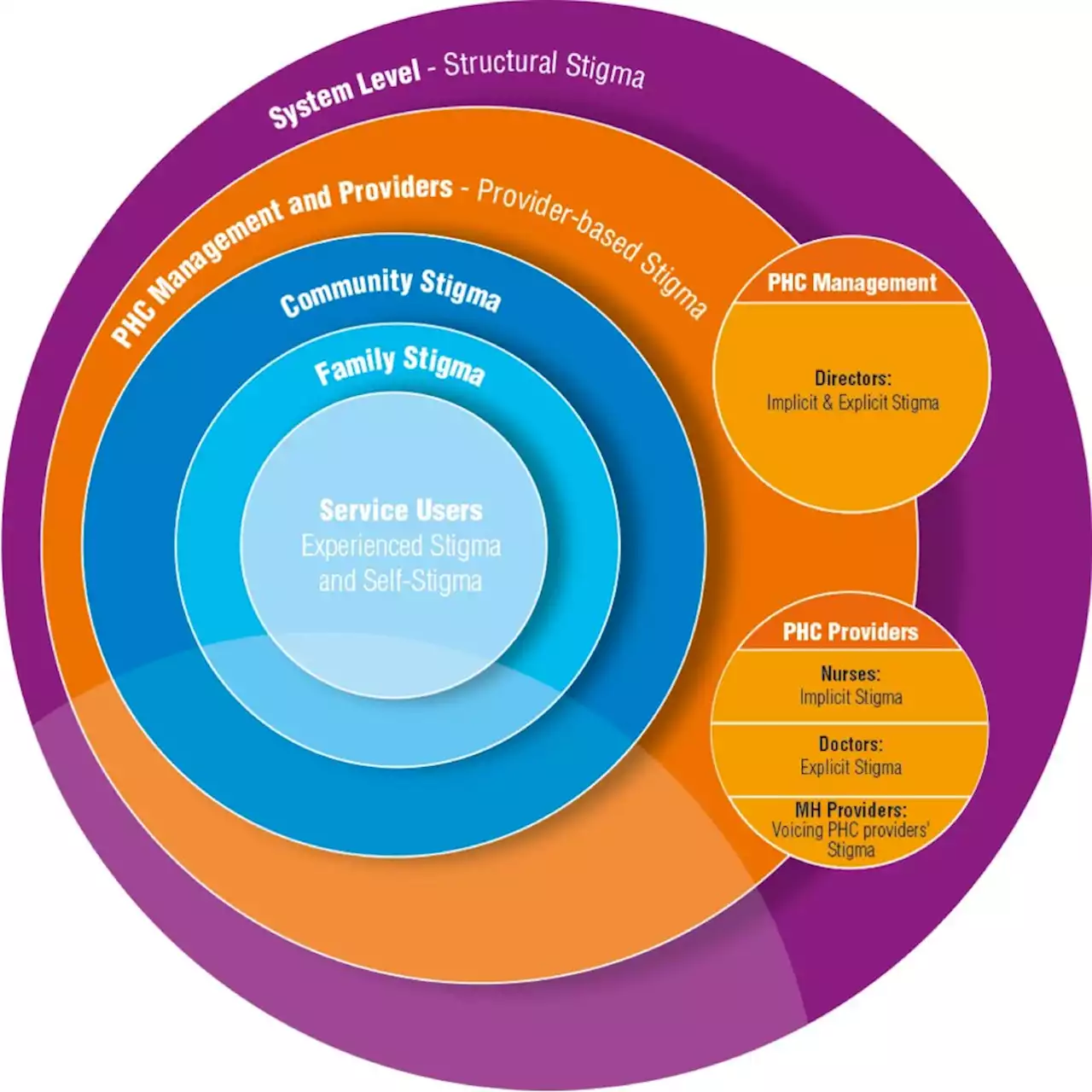Jim shares how his mental health takes a bit of a 'battering'.
This is a proper, ‘in real life’ read from a man's perspective, so I hope you enjoy it and follow the series as we go through all the ups and downs of impending parenthood.week: it all kicks off at the Village Bowls Club Quiz, plus my mental health takes a bit of a batteringYep, once every 12 months at the sports centre bar there's a pub-style quiz, fuelled by local real ale and hosted by possibly the most dour woman you can imagine - all in aid of the local bowls club.
That, to me, is a big deal. Every day counts now. We're so close - and as a result, I can feel myself becoming increasingly protective of Daisy and the precious cargo she's carrying. The more the pregnancy progresses, the more I don't know which Daisy I am going to get when I arrive home from work. It goes without saying that OF COURSE I am interested in and excited about the imminent arrival of baby Sprout. And I believe Isupportive - I do what I can around the house to try and reduce the stress Daisy has to face as we continue to both hold down full-time jobs.
The things I MUST remember to keep doing is offer support, be there when I am needed, and to keep telling her how proud I am of her, and let her know what a wonderful job she's doing growing Sprout and being a mummy.Back to the Village Bowls Club Quiz.
Ireland Latest News, Ireland Headlines
Similar News:You can also read news stories similar to this one that we have collected from other news sources.
 Breast milk donations requested by Western Health TrustA service that helps premature and seriously-ill babies across the island of Ireland has appealed for more breast milk donors.
Breast milk donations requested by Western Health TrustA service that helps premature and seriously-ill babies across the island of Ireland has appealed for more breast milk donors.
Read more »
 Mental health stigma at primary health care centres in Lebanon: qualitative study - International Journal of Mental Health SystemsBackground Mental health-related stigma is a global public health concern and a major barrier to seeking care. In this study, we explored the role of stigma as a barrier to scaling up mental health services in primary health care (PHC) centres in Lebanon. We focused on the experiences of Healthcare Providers (HCPs) providing services to patients with mental health conditions (MHCs), the views of policy makers, and the perceptions of stigma or discrimination among individuals with MHCs. This study was conducted as part of INDIGO-PRIMARY, a larger multinational stigma reduction programme. Methods Semi-structured qualitative interviews (n = 45) were carried out with policy makers (n = 3), PHC management (n = 4), PHC staff (n = 24), and service users (SUs) (n = 14) between August 2018 and September 2019. These interviews explored mental health knowledge, attitudes and behaviour of staff, challenges of providing treatment, and patient outcomes. All interviews were coded using NVivo and a thematic coding framework. Results The results of this study are presented under three themes: (1) stigma at PHC level, (2) stigma outside PHC centres, and (3) structural stigma. SUs did not testify to discrimination from HCPs but did describe stigmatising behaviour from their families. Interestingly, at the PHC level, stigma reporting differed among staff according to a power gradient. Nurses and social workers did not explicitly report incidents of stigma but described patients with MHCs as uncooperative, underscoring their internalized negative views on mental health. General practitioners and directors were more outspoken than nurses regarding the challenges faced with mental health patients. Mental health professionals revealed that HCPs still hold implicitly negative views towards patients with MHCs however their attitude has improved recently. Our analysis highlights five layers of stigma affecting SUs. Conclusion This qualitative study reveals that stigma was still a key concern
Mental health stigma at primary health care centres in Lebanon: qualitative study - International Journal of Mental Health SystemsBackground Mental health-related stigma is a global public health concern and a major barrier to seeking care. In this study, we explored the role of stigma as a barrier to scaling up mental health services in primary health care (PHC) centres in Lebanon. We focused on the experiences of Healthcare Providers (HCPs) providing services to patients with mental health conditions (MHCs), the views of policy makers, and the perceptions of stigma or discrimination among individuals with MHCs. This study was conducted as part of INDIGO-PRIMARY, a larger multinational stigma reduction programme. Methods Semi-structured qualitative interviews (n = 45) were carried out with policy makers (n = 3), PHC management (n = 4), PHC staff (n = 24), and service users (SUs) (n = 14) between August 2018 and September 2019. These interviews explored mental health knowledge, attitudes and behaviour of staff, challenges of providing treatment, and patient outcomes. All interviews were coded using NVivo and a thematic coding framework. Results The results of this study are presented under three themes: (1) stigma at PHC level, (2) stigma outside PHC centres, and (3) structural stigma. SUs did not testify to discrimination from HCPs but did describe stigmatising behaviour from their families. Interestingly, at the PHC level, stigma reporting differed among staff according to a power gradient. Nurses and social workers did not explicitly report incidents of stigma but described patients with MHCs as uncooperative, underscoring their internalized negative views on mental health. General practitioners and directors were more outspoken than nurses regarding the challenges faced with mental health patients. Mental health professionals revealed that HCPs still hold implicitly negative views towards patients with MHCs however their attitude has improved recently. Our analysis highlights five layers of stigma affecting SUs. Conclusion This qualitative study reveals that stigma was still a key concern
Read more »
 Social Identification and Mental HealthTheories suggest that social identity is linked to psychological wellbeing, defined as increased positive-hedonic indicators like self-esteem and life satisfaction and decreased negative indicators like depression, anxiety, and stress.
Social Identification and Mental HealthTheories suggest that social identity is linked to psychological wellbeing, defined as increased positive-hedonic indicators like self-esteem and life satisfaction and decreased negative indicators like depression, anxiety, and stress.
Read more »
 Correction to: The CannTeen study: verbal episodic memory, spatial working memory, and response inhibition in adolescent and adult cannabis users and age‑matched controls - PsychopharmacologyAdolescents more vulnerable than adults to cannabis addiction, but not other mental health risks uclnews
Correction to: The CannTeen study: verbal episodic memory, spatial working memory, and response inhibition in adolescent and adult cannabis users and age‑matched controls - PsychopharmacologyAdolescents more vulnerable than adults to cannabis addiction, but not other mental health risks uclnews
Read more »
 7 expert tips on how to help a child deal with griefAs Bowelbabe mum Dame Deborah James passes away and leaves behind her husband and two children, we ask grief & mental health speaker Mark Lemon how to help children deal with loss
7 expert tips on how to help a child deal with griefAs Bowelbabe mum Dame Deborah James passes away and leaves behind her husband and two children, we ask grief & mental health speaker Mark Lemon how to help children deal with loss
Read more »
 Patterns of health service utilisation of mothers experiencing mental health problems and intimate partner violence: Ten-year follow-up of an Australian prospective mother and child cohortObjectives Few studies have investigated health service use of mothers experiencing mental health problems or intimate partner violence (IPV). The aim of this study was to investigate health service utilisation of mothers experiencing mental health problems and intimate partner violence ten years after having a first baby. Methods Prospective cohort of 1507 first-time mothers recruited in Melbourne, Australia. Follow-up at ten years incorporated: Center for Epidemiologic Studies Depression Scale, Beck Anxiety Inventory, Posttraumatic Stress Disorder Checklist, Composite Abuse Scale. Results At ten years postpartum, one in four mothers (26.1%) reported depressive, anxiety or posttraumatic stress symptoms, and almost one in five (19.4%) reported recent IPV. Two-fifths of mothers reporting clinically significant mental health symptoms had experienced recent IPV (Odds Ratio=5.6, 95% CI 3.9–8.1). Less than half of mothers experiencing mental health problems at ten-year follow-up had discussed their mental health with a general practitioner and around one in three had talked to a mental health professional. Two-thirds of mothers experiencing recent IPV had not disclosed this to a general practitioner or mental health professional. Conclusions The findings highlight the extent to which many women deal with IPV and mental health problems without the support that primary health care and mental health care could provide and point to the need for more concerted efforts to strengthen health system responses to these frequently related issues.
Patterns of health service utilisation of mothers experiencing mental health problems and intimate partner violence: Ten-year follow-up of an Australian prospective mother and child cohortObjectives Few studies have investigated health service use of mothers experiencing mental health problems or intimate partner violence (IPV). The aim of this study was to investigate health service utilisation of mothers experiencing mental health problems and intimate partner violence ten years after having a first baby. Methods Prospective cohort of 1507 first-time mothers recruited in Melbourne, Australia. Follow-up at ten years incorporated: Center for Epidemiologic Studies Depression Scale, Beck Anxiety Inventory, Posttraumatic Stress Disorder Checklist, Composite Abuse Scale. Results At ten years postpartum, one in four mothers (26.1%) reported depressive, anxiety or posttraumatic stress symptoms, and almost one in five (19.4%) reported recent IPV. Two-fifths of mothers reporting clinically significant mental health symptoms had experienced recent IPV (Odds Ratio=5.6, 95% CI 3.9–8.1). Less than half of mothers experiencing mental health problems at ten-year follow-up had discussed their mental health with a general practitioner and around one in three had talked to a mental health professional. Two-thirds of mothers experiencing recent IPV had not disclosed this to a general practitioner or mental health professional. Conclusions The findings highlight the extent to which many women deal with IPV and mental health problems without the support that primary health care and mental health care could provide and point to the need for more concerted efforts to strengthen health system responses to these frequently related issues.
Read more »
